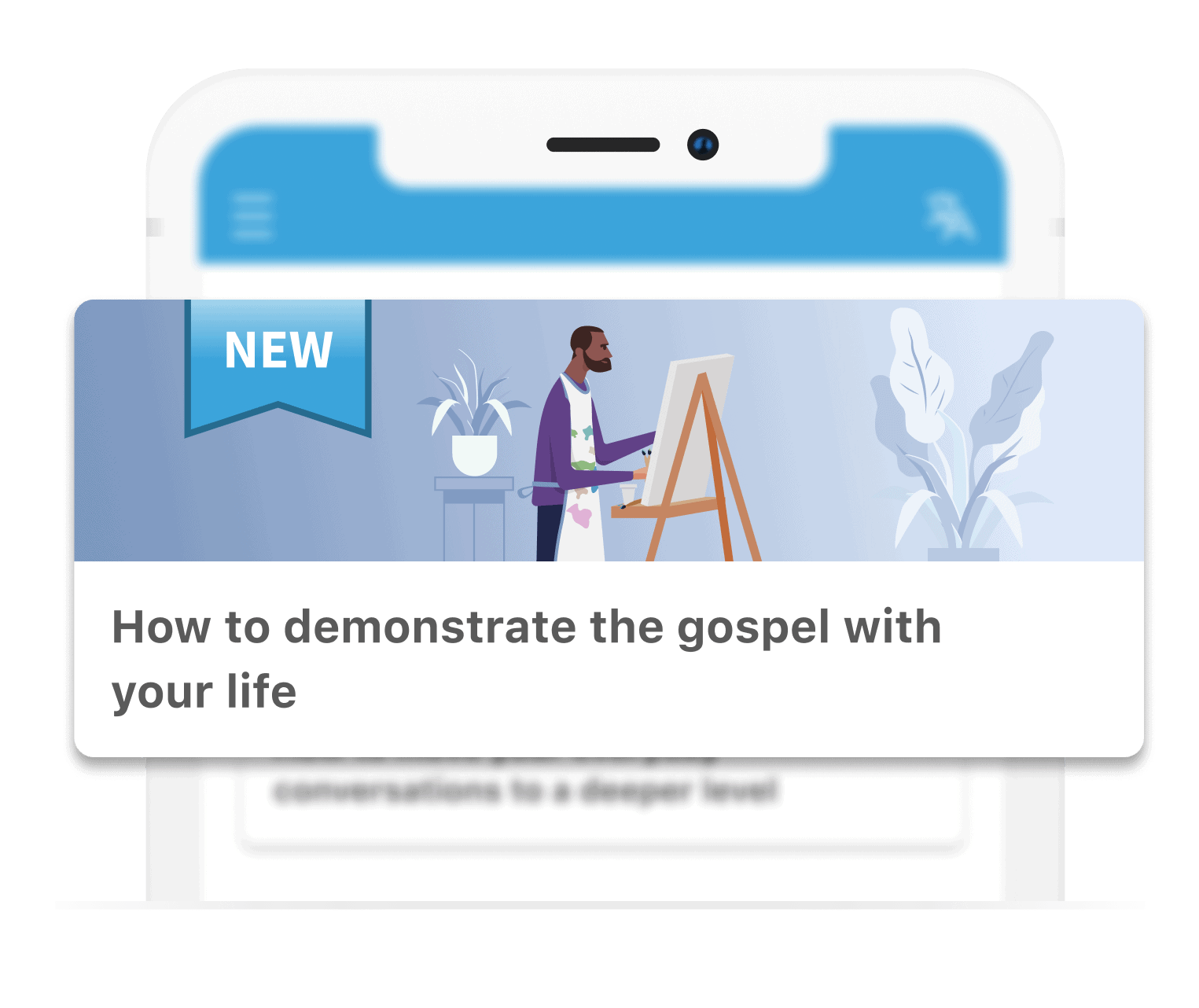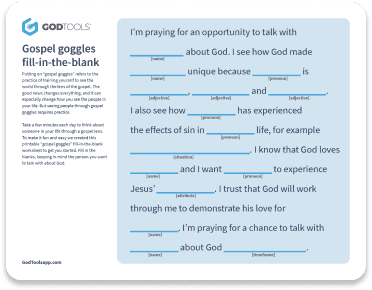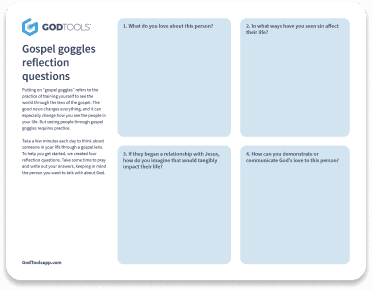When we think about excuses, we typically see them as a cop-out. We use them to rationalize our mistakes because we’re doing the wrong thing, rather than the right thing.
Our excuses are attempts to give ourselves a pass. We make excuses when it comes to lack of discipline with exercise (too busy), poor spending habits (not good at math), being underprepared (dog ate my homework), relationships (their fault) and lots more. The adult inside us says, “Stop making excuses and start taking responsibility.”
But excuses are not always bad. Once in a while they give us permission to move toward something good. Sometimes an excuse is exactly what we need.
When we first moved into our neighborhood, there was some awkwardness when it came to introducing ourselves. We felt like we needed a “why.”
We needed an excuse
For us, that excuse was food. Bingo and Angie lived behind us and, as it turned out, Bingo mentioned he had a couple fryers and liked to fry things — turkeys, cornish hens, etc. Before we knew it, we were co-hosting a fish fry and meeting neighbors we’d never met before.
After that, we met a couple who wanted to do a neighborhood block party. Through the simple power of invitation we saw neighbors from different ages, races and worldviews coming out of the woodwork to gather in our front yard.
Pushing through awkward interactions and (re)introductions with neighbors has not been easy, but it’s been worth it. As you seek to build relationships with your neighbors, try making one of these excuses.
Make an excuse to pray
Start with neighborhood prayer walks. Whether you live in a city, the suburbs or out in the countryside, remember that God has placed you there for a purpose. Start a neighborhood prayer journal. If you learn someone’s name, pray for that person by name. Ask yourself, “If God were to answer all my prayers for my neighborhood, what would change?”
Make an excuse to break the ice
Start with the neighboring basics, like a wave or a smile. Put your phone away and make eye contact, then say hello or introduce yourself. And consider asking for help. Borrowing a kitchen utensil or the proverbial cup of sugar, asking for a recommendation or expertise about something, or getting help with something in the yard are all great excuses to break the ice. Return the favor by dropping off a baked good or note to say thank you. Ask yourself, “Are there needs I have that my neighbors could help meet?”
Make an excuse to serve
Look for ways to serve the vulnerable in your apartment building or neighborhood, for example the marginalized, elderly, or someone with special needs. Pick up trash as you walk, share fresh produce with your neighbors, plant trees, stuff welcome baskets, organize a neighborhood clean-up day, or use the holidays as an excuse to drop off treats. Ask yourself, “If I were to move away, would I leave my neighborhood better than I found it?”
Make an excuse to go deeper
There is no one-size-fits-all when it comes to neighboring, and you want it to be something you can sustain over time. Maybe it’s walking with a neighbor or starting a book discussion. Maybe it’s inviting a few neighbors to a pancake breakfast or a spaghetti night. Ask yourself, “What’s something that fits my temperament, interests, season of life and neighboring context?”
Whatever it is, find the excuse you need to see your next-door strangers become your next-door friends.



